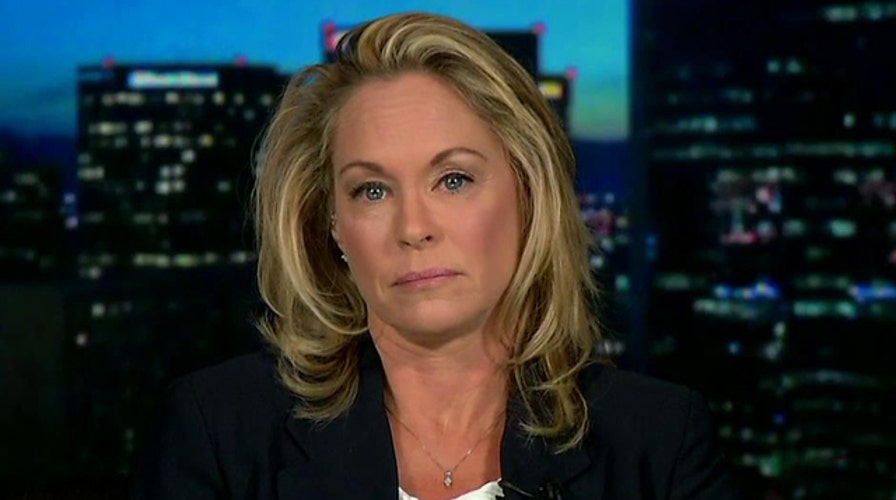Editor's note: The following column originally appeared on the center-right website Ricochet.com.
If you haven’t seen the headlines already, NBC has officially cancelled its plans for a new sitcom starring Bill Cosby. This comes on the heels of “The Cosby Show” being pulled from re-runs and Netflix’s announcement Wednesday that it was “postponing” the release of a new stand-up routine they’d commission from the comic.
Reflecting on his own experience with Cosby, Atlantic columnist Ta-Nehisi Coates — generally not my cup of tea – explains exactly why all this is so disturbing (wade past the anti-Republican digs; it’s worth it):
I spent parts of 2006 and 2007 following Bill Cosby around the country. He was then in the midst of giving a series of “call-outs” in which he upbraided the decline of morality in the black community. Our current organic black conservative moment largely springs from these efforts. It’s worth distinguishing an “organic black conservative” from a black or white Republican moment. Black Republicans, with some exceptions, don’t simply exist as people who believe in free markets and oppose abortion, but to assure white Republicans that racism no longer exists. Organic black conservatives (like Cosby, for instance) are traditionalists, but they hold no such illusions about America’s past. They believe this country to be racist, perhaps irredeemably so, but assert nonetheless that individual effort can defeat trenchant racism. The organic black conservative vision is riding high at the moment. Thus even the NAACP cannot denounce the outriders of Ferguson without the requisite indictment of “black on black crime.”
The author of this moment is Bill Cosby. In 2004, he gave his “Poundcake Speech,” declaring black youth morally unworthy of their very heritage. Cosby followed the speech with a series of call-outs. I observed several of these call-outs. Again, unlike typical black Republicans, Cosby spoke directly to black people. He did not go on Fox News to complain about the threat of the New Black Panther Party. He did not pen columns insisting the black family was better off under slavery. He was not speaking as a man sent to assure a group that racism did not exist, but as a man who sincerely believed that black people, through the ethic of “twice as good,” could overcome. That is the core of respectability politics. Its appeal is broad in both black and white America, and everywhere Cosby went he was greeted with rapturous applause.
Obviously, I’ve no clue whether the allegations against Cosby are true, either individually or as a whole. If they’re false, then he’s the victim of a wicked conspiracy or delusion that’s robbed him of his reputation and career; as Dennis Prager would say, his name would have been raped. All the commentary on it — this post included — would be contributing to that violation.
Terrible as that is, it’s even more horrifying to imagine what this means if the allegations are true. First, there’s the crime against the women in question, which would be monstrous, full stop. But there’s also the matter of a man whose career has been almost synonymous with decency and the best of bourgeois American values — and who made a second career promoting those values among fellow African Americans — being revealed as a monster of a sort second only to murderers and child-molesters. For the first time, I’m getting a sense of the betrayal many Penn State fans and alumni felt following the revelations that Joe Paterno had contributed to the Sandusky cover-up (not being a college football fan, this was largely lost on me).
Humans are complicated — morally and otherwise — and there’s no shortage of metaphors and aphorisms to described how torn and divided our nature is. I’ve long been partial to Alexander Pope’s take on the matter, but Solzhenitsyn’s is simultaneously more applicable, darker, and — ironically — humane:
If only it were all so simple! If only there were evil people somewhere insidiously committing evil deeds, and it were necessary only to separate them from the rest of us and destroy them. But the line dividing good and evil cuts through the heart of every human being. And who is willing to destroy a piece of his own heart?
If the allegations are true, then Cosby must be one of those rare characters able to survive with a heart torn in two, each somehow still beating on its own. If they’re false, then we may be watching his heart being broken before our eyes right now.

